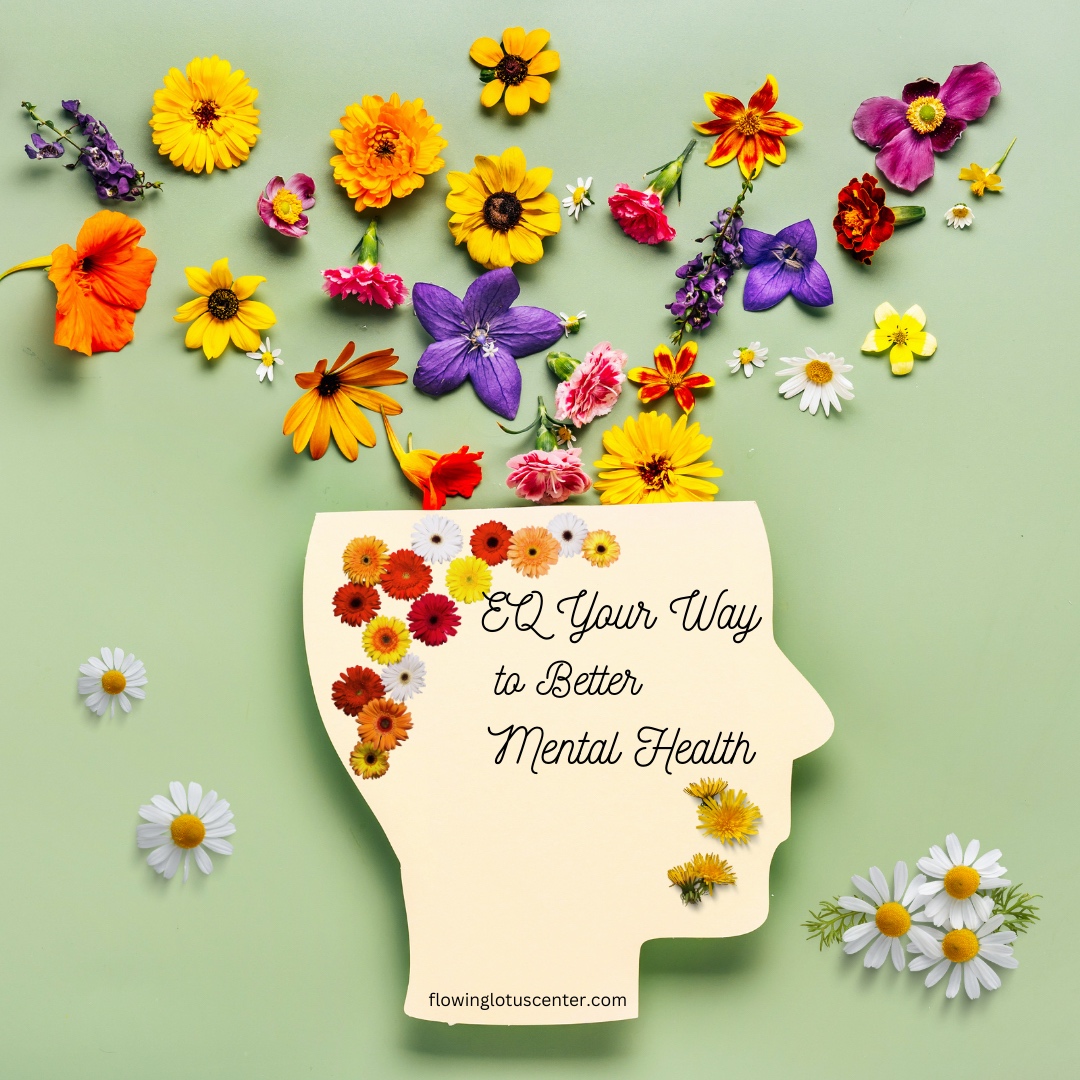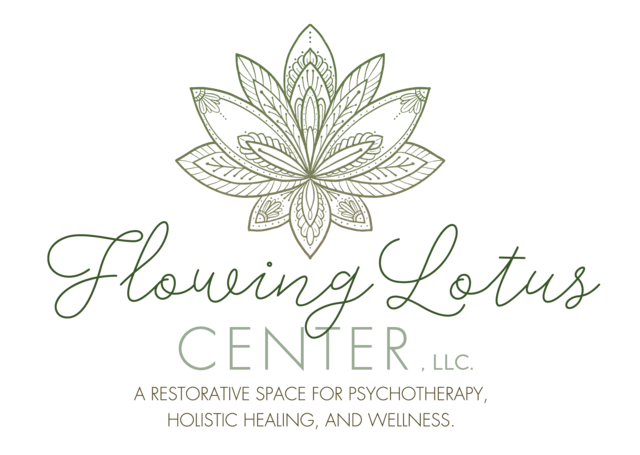EQ Your Way to Better Mental Health: Why Emotional Intelligence Matters
Posted: February 28, 2024

We all know the importance of physical health, but what about mental health? While therapy and medication play crucial roles, there’s another powerful tool often overlooked: emotional intelligence (EQ).
Think of EQ as your inner toolbox for navigating the rollercoaster of emotions. It equips you with the skills to:
- Understand your emotions: Are you feeling overwhelmed, anxious, or excited? Recognizing your emotions is the first step to managing them effectively.
- Regulate your emotions: Feeling flooded? EQ helps you calm down through healthy coping mechanisms like deep breathing, exercise, or mindfulness practices.
- Express your emotions in a healthy way: Bottling up emotions can be detrimental. EQ allows you to express your feelings assertively and constructively, fostering healthy relationships.
- Empathize with others: Stepping into someone else’s shoes fosters stronger connections and builds a sense of belonging.
So, how does this translate to better mental health?
- Reduced stress and anxiety: By understanding and managing your emotions, you become better equipped to handle stressful situations, leading to a calmer and more resilient self.
- Improved self-esteem: When you can navigate emotions confidently, it boosts your sense of self-worth and empowers you to make positive choices for your well-being.
- Stronger relationships: Effective communication and empathy fostered by EQ lead to healthier and more supportive relationships, which are crucial for overall mental well-being.
Developing your EQ is an ongoing process, but here are some starting points:
- Practice self-awareness: Pay attention to your thoughts and feelings throughout the day.
- Mindfulness exercises: Activities like meditation and deep breathing can help you become more present and manage emotional responses.
- Journaling: Writing down your thoughts and feelings can offer valuable insights into your emotional landscape.
- Seek support: Talk to a therapist or counselor to gain deeper understanding and develop coping mechanisms.
Remember, emotional intelligence is a journey, not a destination. By investing in your EQ, you’re investing in your mental well-being and creating a path towards a happier and healthier you.

